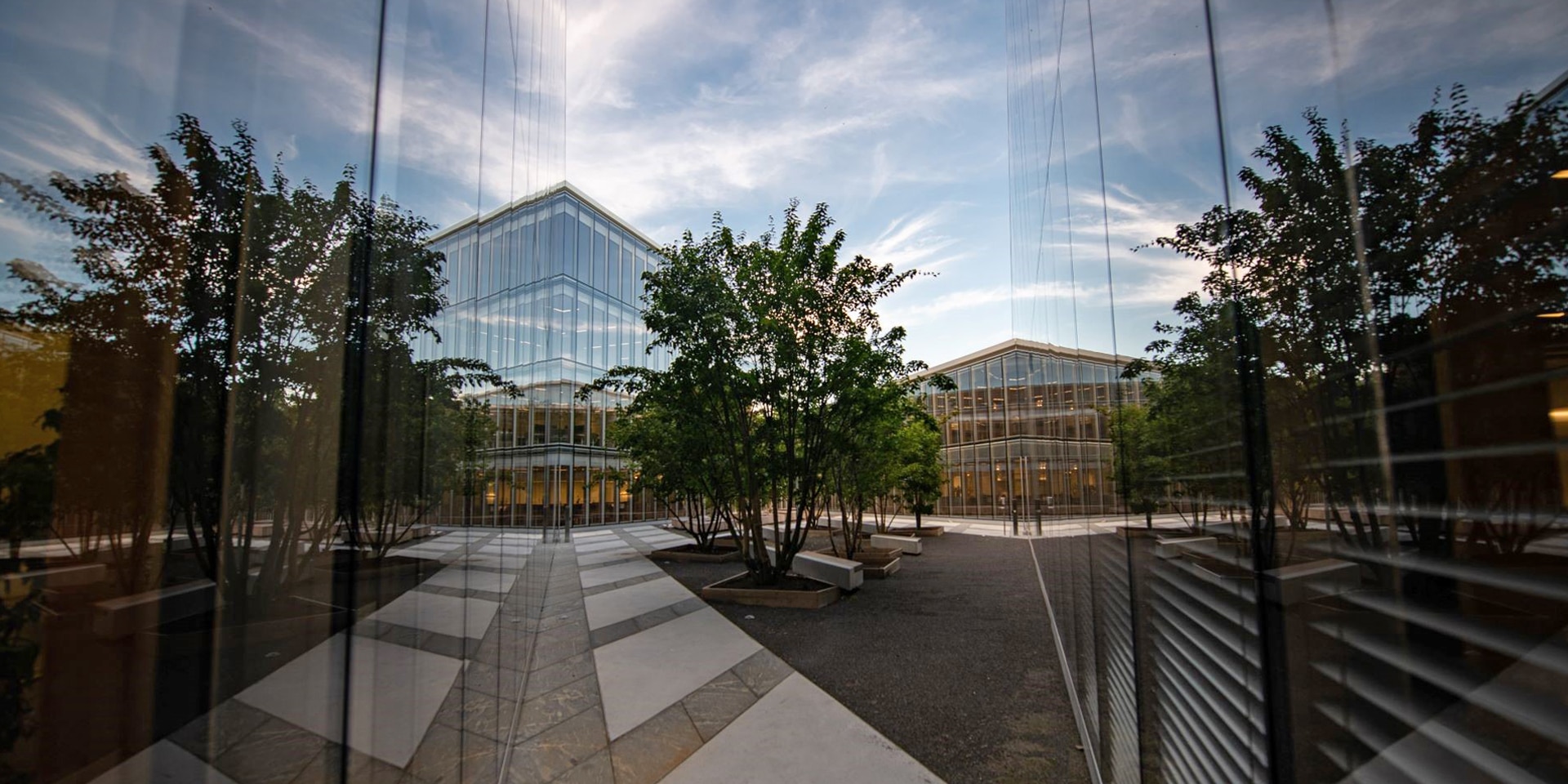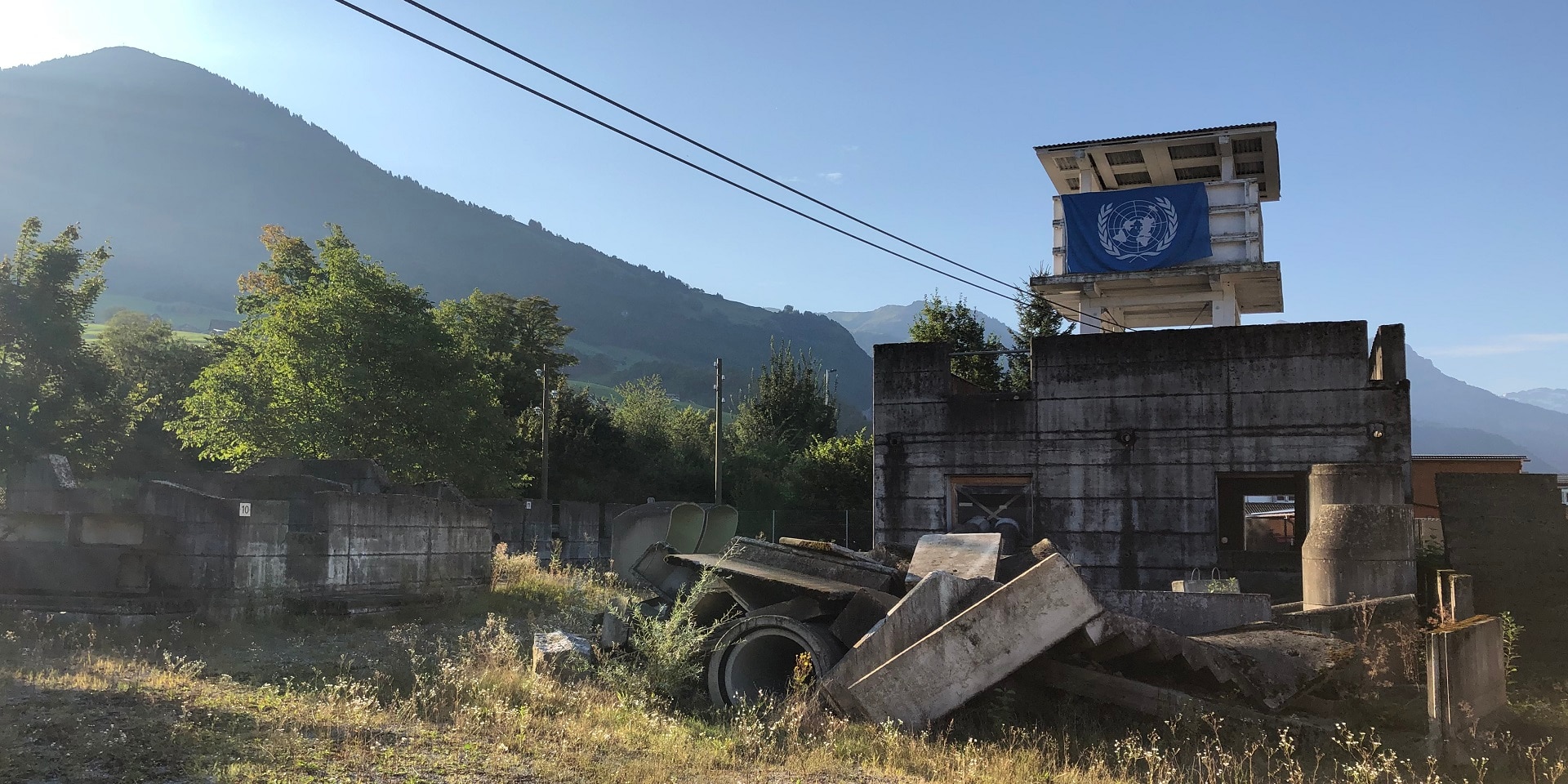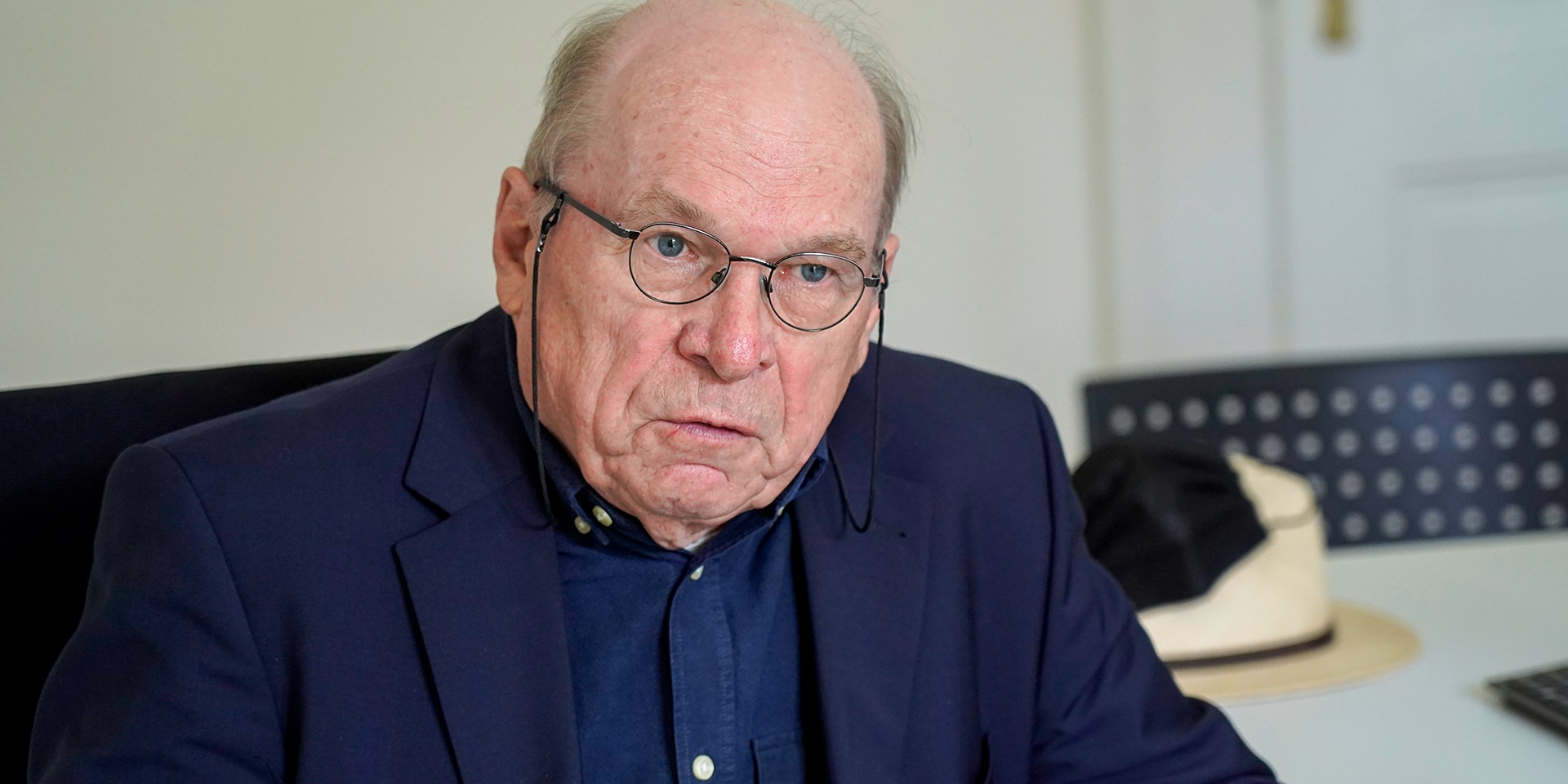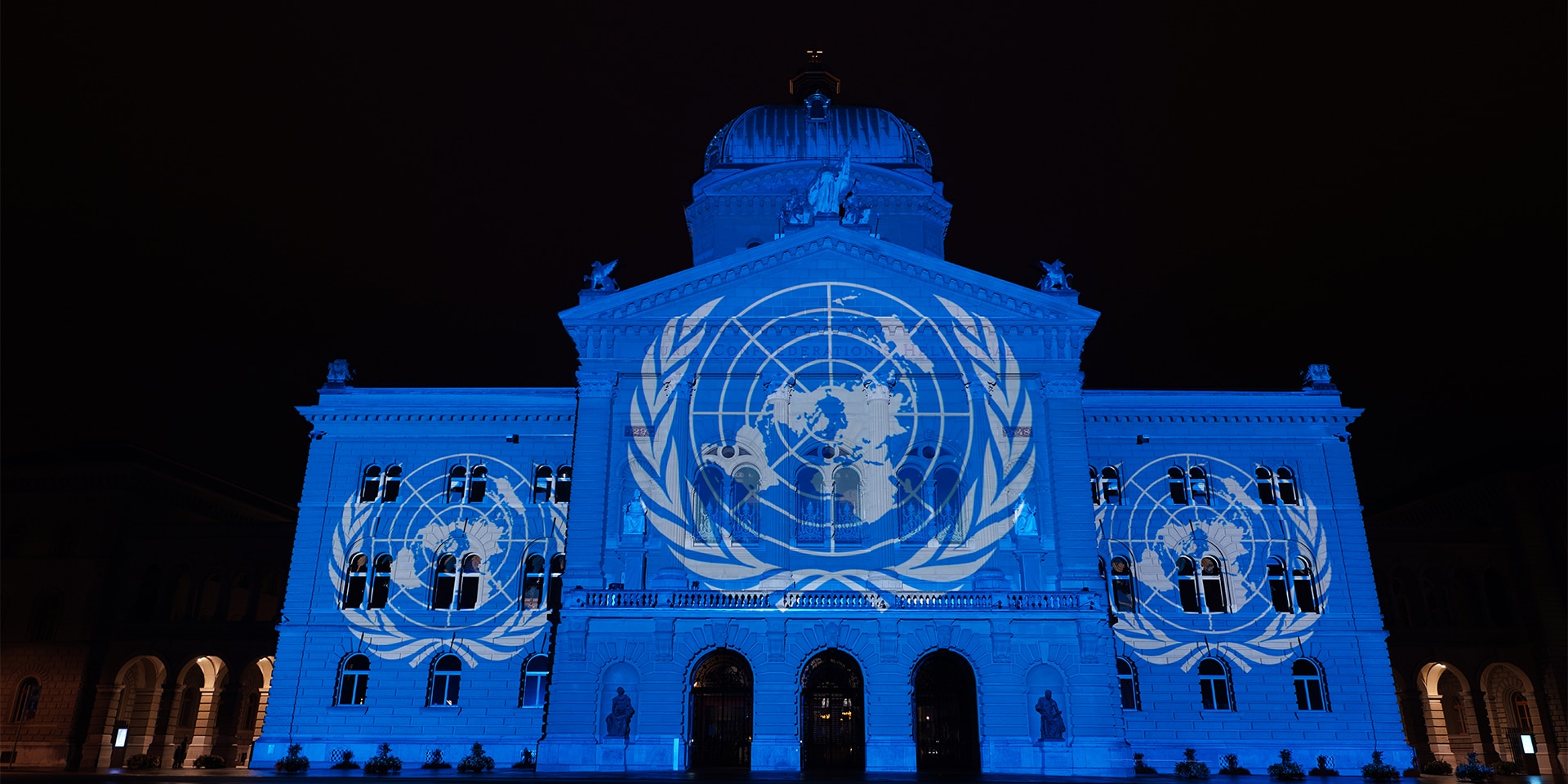Swiss Innovation Fosters Peace and International Dialogue
International Geneva was in the spotlight on 1 November 2021. With the inauguration of the new Building H at the Palais des Nations and the opening of the eighth edition of Geneva Peace Week, Federal Councillor Ignazio Cassis ‘nurtured the seeds of peace’ in the city of Geneva.

The new H-building of the Palais des Nations is an example of sustainable, green and ecological wood construction. It serves the interests of peace diplomacy in international Geneva. © UNPhoto
“When we laid the foundations of the building in 2016, we wanted to provide a dignified setting for multilateral, sustainable and forward-looking diplomacy. And that is what we have achieved”, said Cassis in his speech delivered in front of the new Building H at the Palais des Nations.
The complex, which became the European headquarters of the United Nations in 1946, is relatively old. Most of the buildings were constructed during the Interwar period and, over the years, have begun to show signs that renovation work is necessary. Thanks to an extensive restructuring plan financed with the help of an interest-free loan granted by Switzerland, the Palais des Nations is once again in the spotlight as a symbol of international cooperation and multilateralism in the broadest sense.
The new building, with its impressive modern architecture offering adaptive work spaces, was inaugurated in parallel with the eighth Geneva Peace Week on Monday 1 November. Switzerand's foreign minister, Ignazio Cassis, was able to bolster international Geneva’s position as a global hub for international governance and cooperation in speeches at both events.
A focus on Geneva's key international role
Geneva is home to 42 international organisations, a flourishing community of non-governmental organisations and renowned academic and research institutions. The city is also a centre for diplomatic relations, in which almost all states are represented. Together, all these stakeholders strive for peace, fundamental rights and the well-being of individuals across the world.
“The presence of a significant number of international organisations, innovative private enterprises, NGOs and academic institutions makes for fertile ground”, said Ignazio Cassis when he opened Geneva Peace Week, “Switzerland will remain committed to strengthening Geneva’s role as a city of peace, and to enabling it to combine its traditional capacity to host conferences with innovative dialogue tools. Geneva Peace Week is a good example of this”.
Creating a space for dialogue
Geneva Peace Week therefore provides an opportunity for stakeholders to connect and to showcase their work. It creates a broader space for reflection with the aim of strengthening peace and resolving conflicts through dialogue and negotiation. It also, of course, highlights international Geneva’s unique ecosystem and allows participants to share knowledge, best practices and skills related to peace-building. And the list does not stop there.
The event, which was first organised in 2014, now features prominently on the international agenda. The global success of Geneva Peace Week can be attributed in part to its inclusive nature. It aims to break down professional silos, enables the consolidation of different networks of stakeholders and creates a space for trust among these networks, thereby allowing for sensitive topics to be addressed. The dialogues that take place during the event enhance knowledge and galvanise leadership. The responses discussed regarding current issues in the area of peace leave room for more creativity and boldness.
Participants from all sectors in pursuit of peace
Although the participants in Geneva Peace Week do not all share the same professional background, each one has a role to play in the promotion of peace and the prevention of conflicts in the world. Some of the participants are committed to ensuring respect for human rights, while others advocate for decent working conditions. There are researchers, decision-makers and activists who are breaking new ground in the field of environmental protection, and other participants who have decided to dedicate their lives to humanitarian action, the protection of health, international development, disarmament, science or even the arts in the broadest sense.
Spotlight on technological progress
The 2021 edition of the Geneva Peace Week is centred around four highly topical issues, namely: the transformation of conflicts caused by climate change; inclusion and the fight against inequality as vectors for peace; the improvement of the response to security risks; and the use of new technology to promote peace.
In this context, Ignazio Cassis drew particular attention to the advantages and also the limits of new technology for the resolution of conflicts in the world. According to the head of the Federal Department of Foreign Affairs, such technology offers unprecedented opportunities in terms of cyber-mediation. “Here in Geneva, the UN, swisspeace, the Centre for Humanitarian Dialogue and DiploFoundation have developed tools that make it possible to adapt mediation, the mainstay of Switzerland’s good offices, to the digital sphere”, indicated Cassis.
Switzerland’s position as a global mediator and its commitment to ensuring a sustainable world, for which peace and security are core conditions, form part of the Federal Council’s Foreign Policy Strategy 2020–23.



